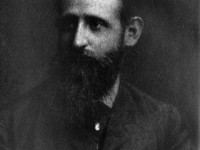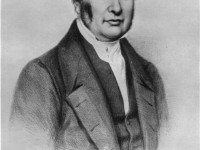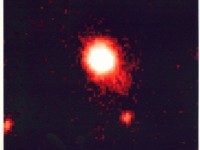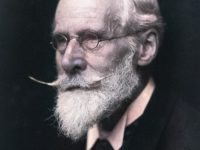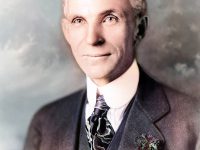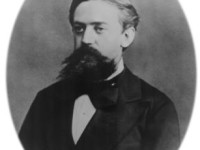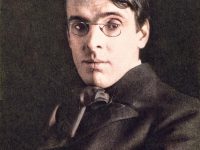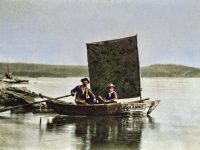The Cathartic Method of Josef Breuer
On June 20, 1925, Austrian physician Josef Breuer passed away. Breuer made some of the key discoveries in neurophysiology. His work in the 1880s with a patient known as Anna O. developed the talking cure (cathartic method) and laid the foundation to psychoanalysis as developed by his protégé Sigmund Freud.[5] “…much will be gained if we succeed in transforming your hysterical misery into common unhappiness. With a mental life that has been…
Read more

